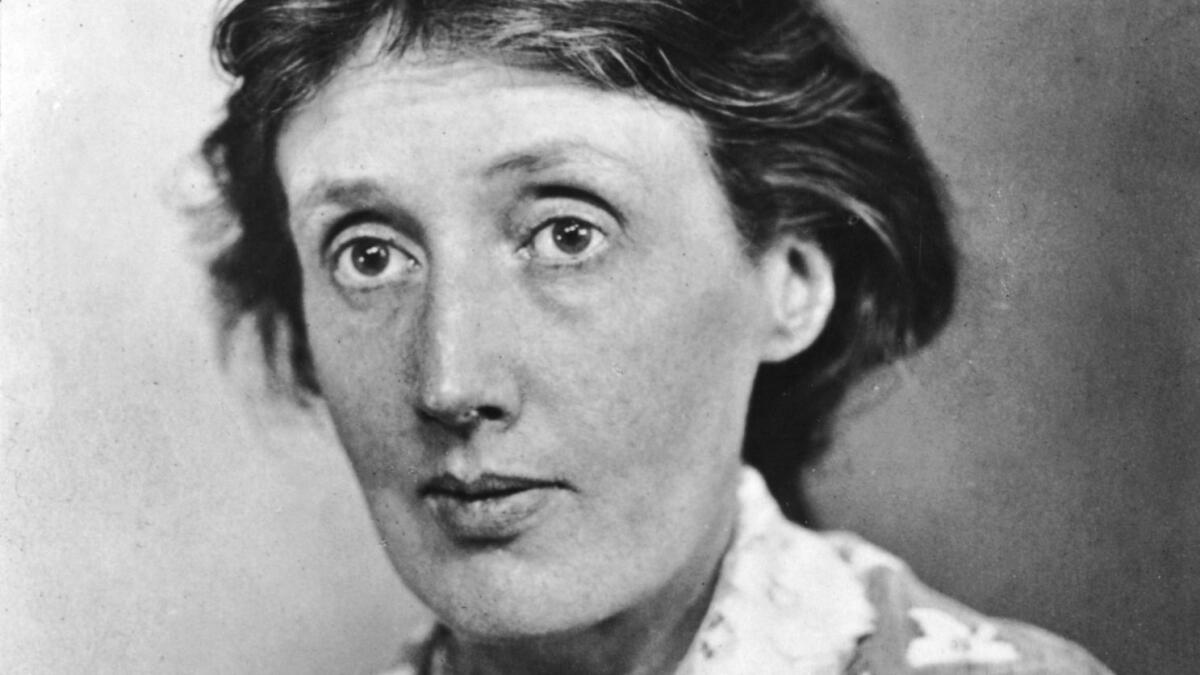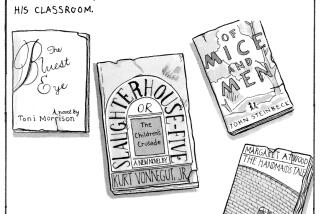More than 50,000 books, films and songs are now in the public domain

Tuesday didn’t just mark the start of the new year; it was also the first so-called Public Domain Day in more than two decades, meaning that several works of literature from 1923 are now free from copyright for anyone who wants to use them.
More than 50,000 books, films and musical compositions are now officially in the public domain and can be published or adapted without permission from the copyright holder, according to the U.S. Copyright Office.
The copyrights on the works were originally slated to expire in 1999, but the U.S. Congress thwarted that with the Sonny Bono Copyright Term Extension Act, passed in 1998. Named after the late entertainer and congressman, the act, which was lobbied for heavily by the Walt Disney Co., added 20 years to the copyrights of works published before 1978.
Duke Law School’s Center for the Study of the Public Domain has a partial list of works that are now copyright-free. It includes some big names: Agatha Christie’s “The Murder on the Links,” P.G. Wodehouse’s “The Inimitable Jeeves” and Virginia Woolf’s “Jacob’s Room” are now officially in the public domain.
Also included is Robert Frost’s “New Hampshire,” a poetry collection that includes one of his most famous poems, “Stopping by Woods on a Snowy Evening.” Other authors with works now in the public domain are Edgar Rice Burroughs, Aldous Huxley, Winston Churchill and Edith Wharton.
Films and works of music are also affected by the copyright expiration, most notably Cecil B. DeMille’s movie “The Ten Commandments” and Frank Silver and Irving Cohn’s song “Yes! We Have No Bananas.”
Jennifer Jenkins of Duke’s Center for the Study of the Public Domain told NPR that many of the works that have theoretically entered the public domain this year “literally didn’t make it.”
“Films, for example, newsreels, documentaries have literally rotted in their cans,” she said. “They’ve disintegrated because preservationists have been waiting for their copyrights to expire before they can legally digitize them. So we’ve actually lost a huge swath of culture from the ‘20s, from the ‘30s because of the Copyright Term Extension [Act].”
For literary fans interested in getting their hands on some new public-domain works, Motherboard has a list of websites where the books can be downloaded, including the Literature Network and Authorama.
More to Read
Sign up for our Book Club newsletter
Get the latest news, events and more from the Los Angeles Times Book Club, and help us get L.A. reading and talking.
You may occasionally receive promotional content from the Los Angeles Times.






